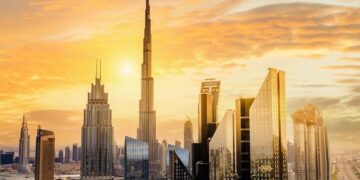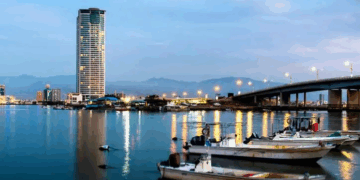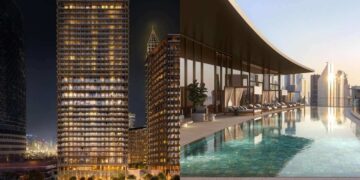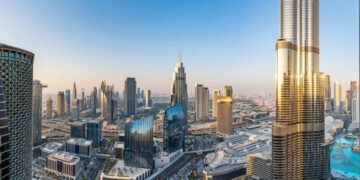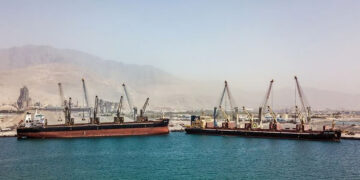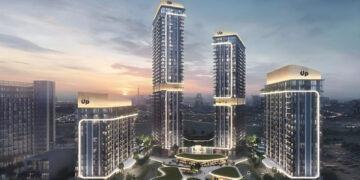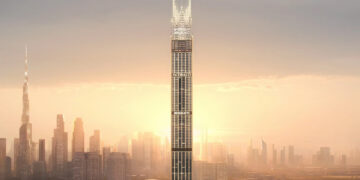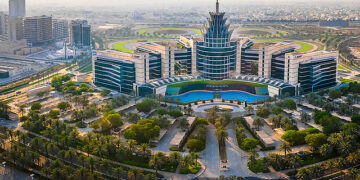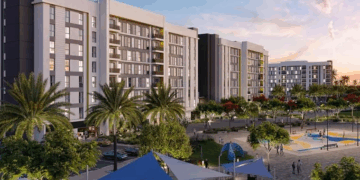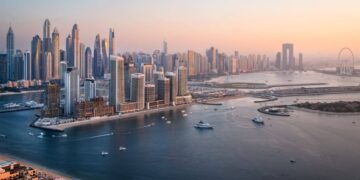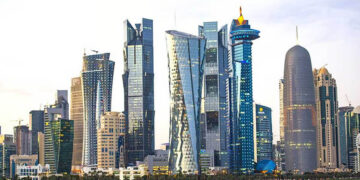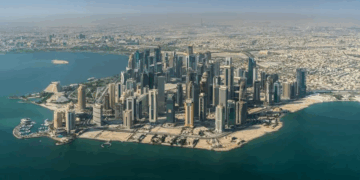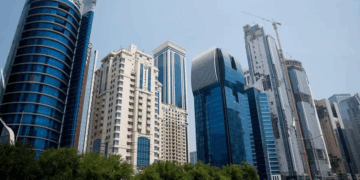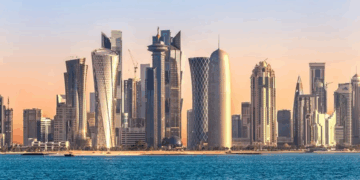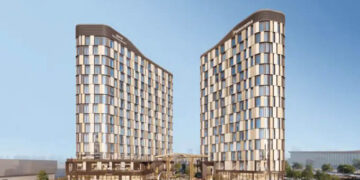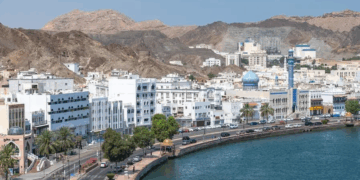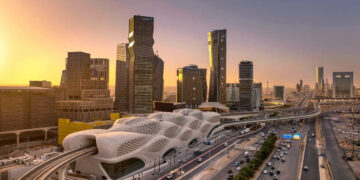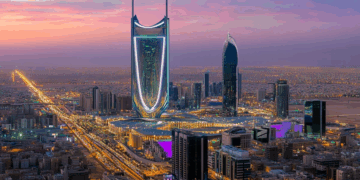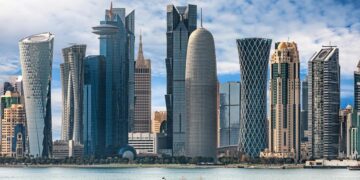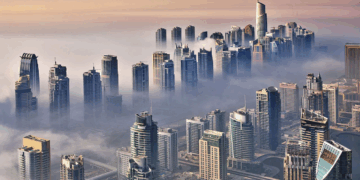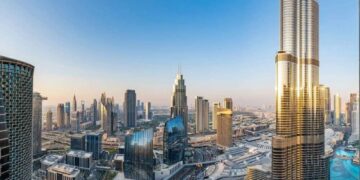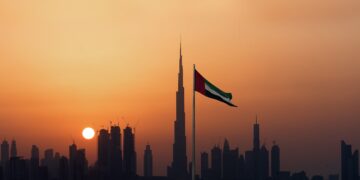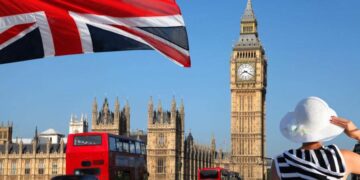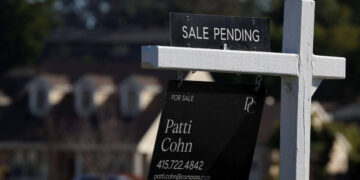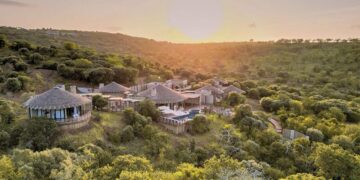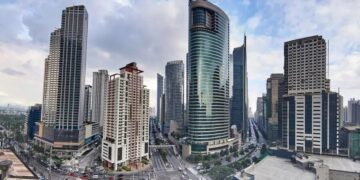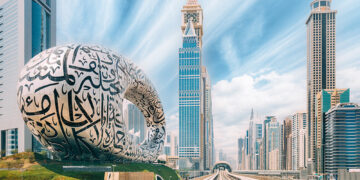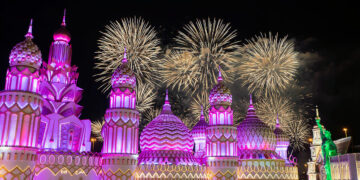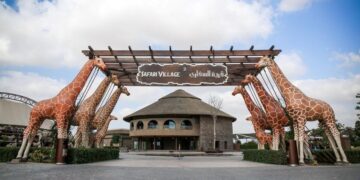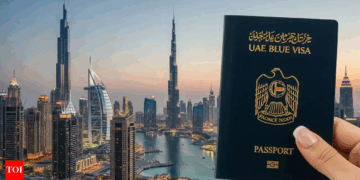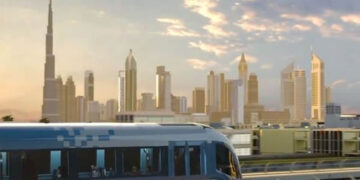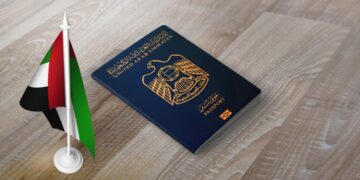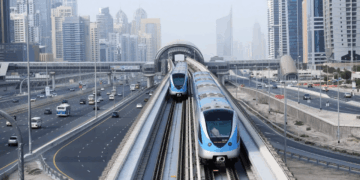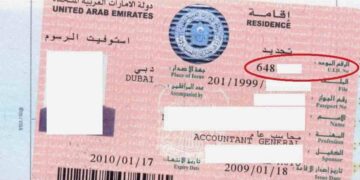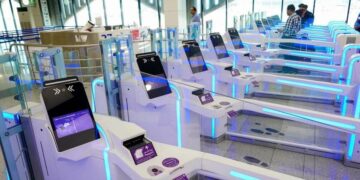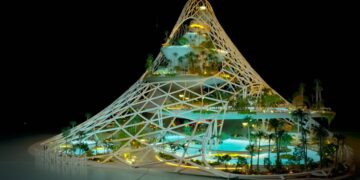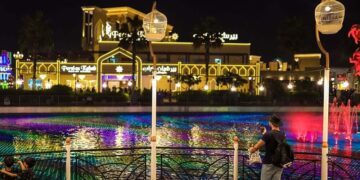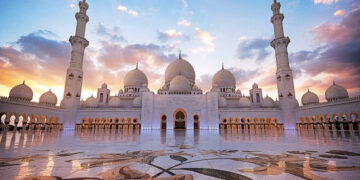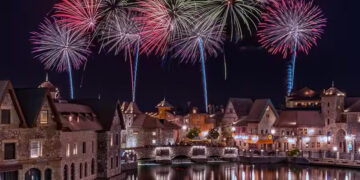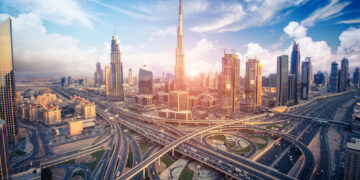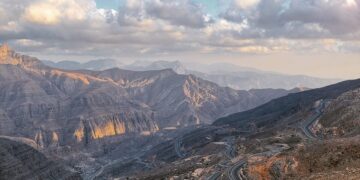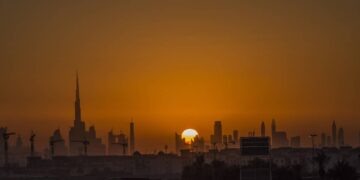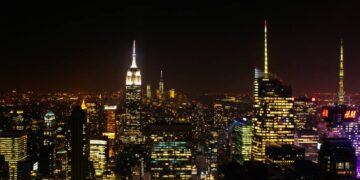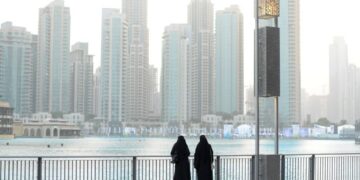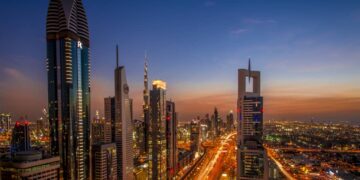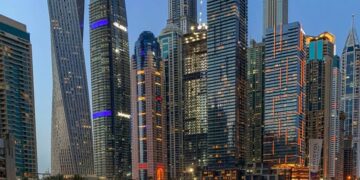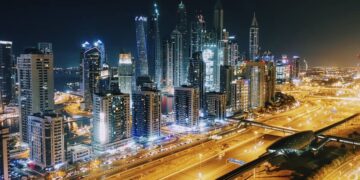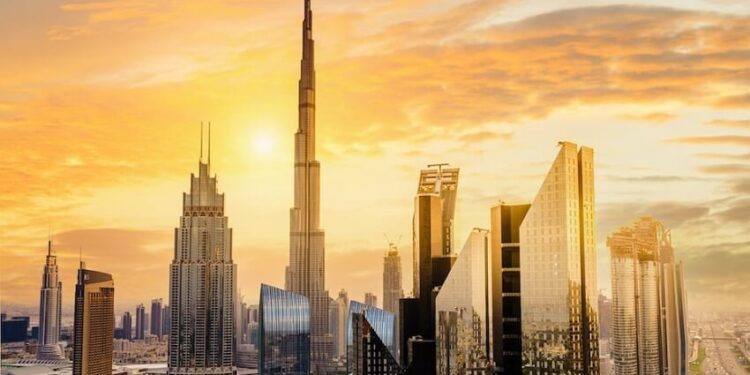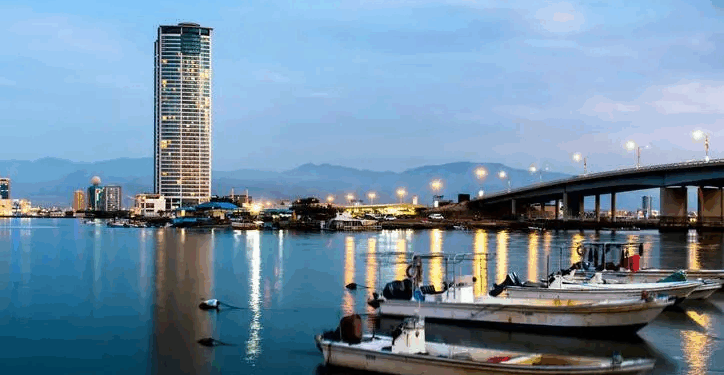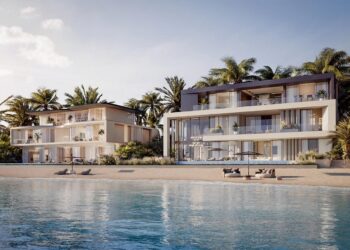As the real estate market continues to show remarkable resilience, Dubai’s property values have risen by 12% in the last 12 months. Both apartments and villas have seen strong growth in the face of ongoing investor confidence and an increasing number of new inhabitants.
The emirate’s continued attraction as a global center for real estate investment is confirmed by the fact that average property prices rose 3.3% in the first quarter of 2025 and by 12% over the previous 12 months, according to the most recent market study from eXp Dubai.
The results highlight a significant change in buying patterns, with flats showing the highest quarterly appreciation rate (3.8%), surpassing villas’ 2.4% increase over the same time frame. This indicates that younger professionals and recent foreign arrivals are increasingly choosing small, centrally placed housing options that provide easy access to lifestyle amenities, transit systems, and places of employment.
On the other hand, villas have continued to dominate capital appreciation over the long run, with values rising 19.7% annually compared to 8.5 percent for apartments. Long-term homeowners and families looking for more privacy, green spaces, and the suburban lifestyle that villa communities usually provide are the main drivers of this ongoing desire for larger homes.
“Dubai’s property market continues to thrive, offering diverse options to meet the evolving needs of its residents,” said Dounia Fadi, Managing Director of eXp Dubai. “While flats cater to the dynamic, urban lifestyle of younger professionals, villas are attracting families seeking more space and a tranquil environment. This balance ensures a resilient and sustainable market with strong growth across the board.”
Broader market indicators corroborate the data from eXp Dubai. The Dubai Land Department (DLD) reports that over 67,000 real estate transactions totaling over Dh210 billion were reported in the first half of 2025, representing a 20% increase in value over the same period in 2024. Notably, off-plan sales increased by 28% year over year, indicating high demand for complexes that are still under construction despite a shortage of available supply in strategic areas.
The UAE’s Golden Visa and residency programs have attracted a continuous stream of international talent, contributing to the emirate’s population increase, which reached 3.8 million in mid-2025. The demand for housing has increased due to this demographic transition, particularly in locations like Arabian Ranches, Dubai Hills, and Damac Hills for villas, and Dubai Marina, Downtown, Business Bay, and Jumeirah Village Circle for apartments.
In response, developers have launched numerous new projects, mostly in the mid-market and premium segments. The rapidly growing white-collar class in Dubai is drawn to apartment towers with flexible payment plans and lifestyle-driven features like co-working spaces, smart home technologies, and wellness services that have been offered by leading developers like Emaar, Nakheel, Sobha, and Danube.
Larger plots and gated family living continue to be alluring features of villa communities that are spreading outward, with notable developments in Dubailand, Tilal Al Ghaf, and the Dubai South corridor. The desire for villas as a long-term growth pillar has been solidified by the focus on community-centric planning, integrated retail, and accessibility to healthcare and educational institutions.
Though at a slower rate, analysts anticipate that the increasing trend will continue. Global consulting firm Knight Frank projects that strong investor demand, a shortage of available high-end apartments, and steady rental yields will propel Dubai’s premier residential market’s 7% growth in 2025.
Dubai continues to have some of the best rental yields in the world. With average gross returns of 5.3% for villas and 6.8% for apartments, these markets outperform more developed ones like Singapore and London. International investors and institutional capital are still drawn to Dubai’s real estate because of the income stability, low capital gains tax, and simplified regulatory processes.
Long-term confidence is also being strengthened by the government’s proactive approach to digital infrastructure, urban planning, and ESG integration. In order to increase sustainable mobility and double the amount of green and recreational space, initiatives like the Dubai 2040 Urban Master Plan are anticipated to improve the city’s overall livability and property values.
In the future, Dubai’s real estate market stands to gain from the city’s role as a center for innovation, business, and tourism, as well as from continued economic diversification and interest from international investors.
